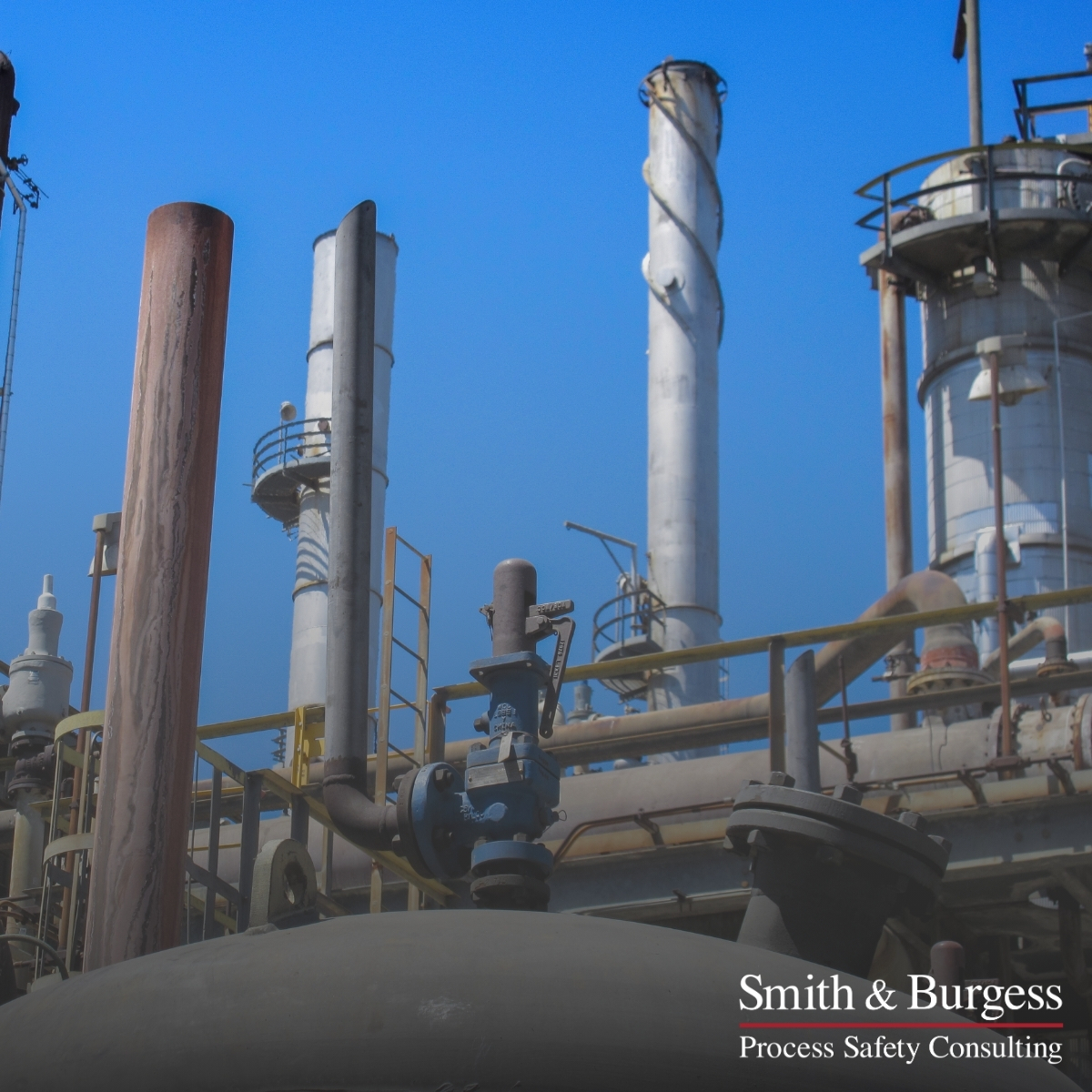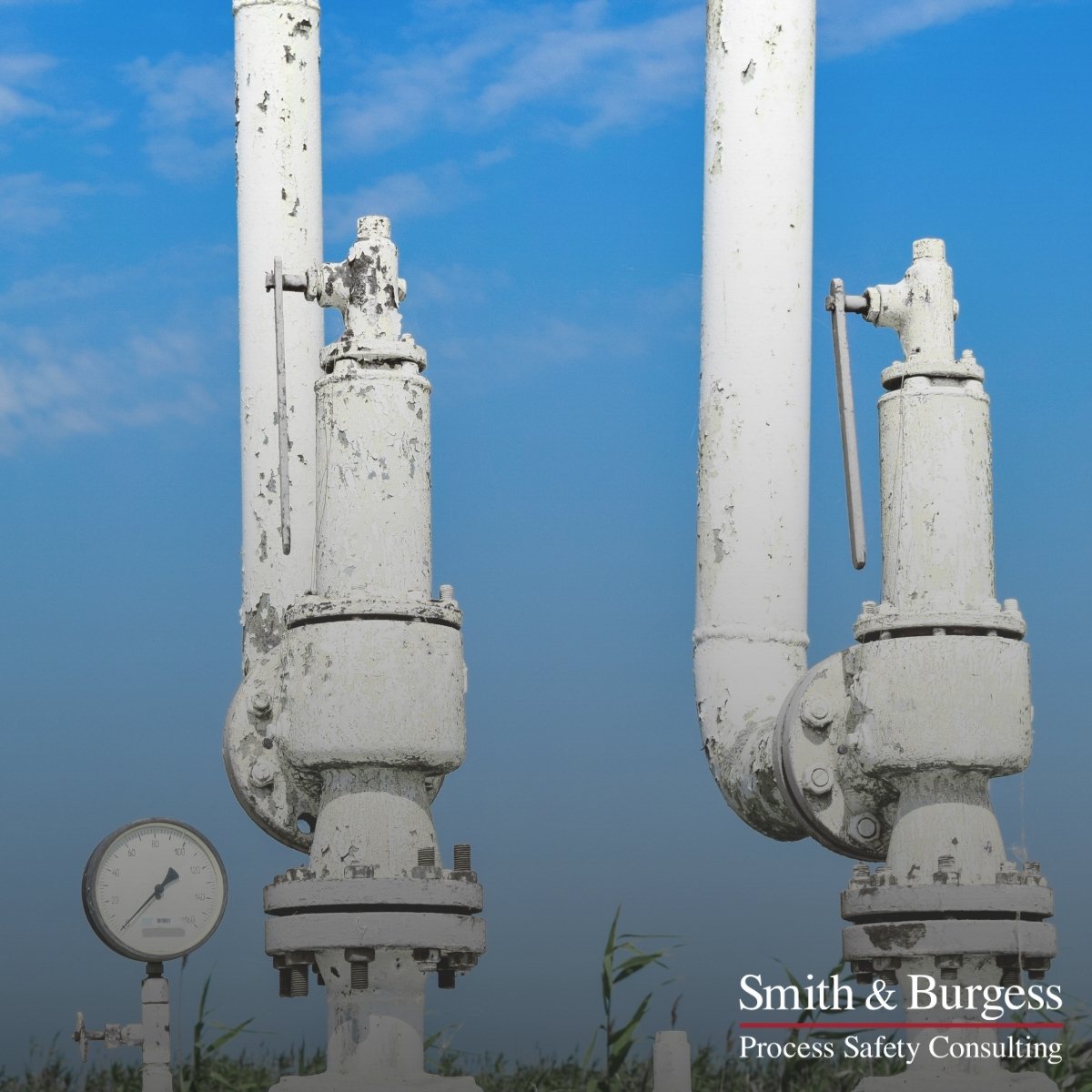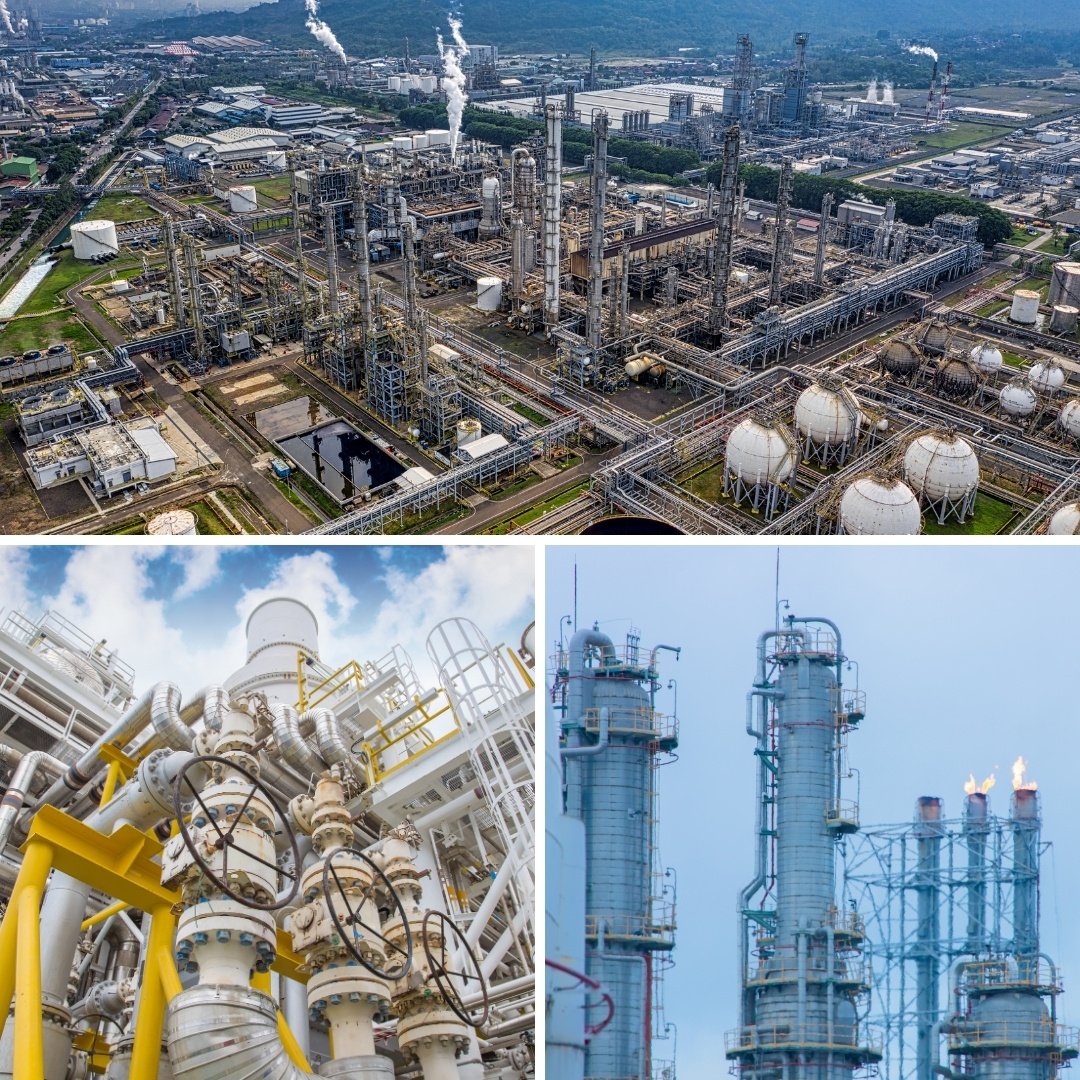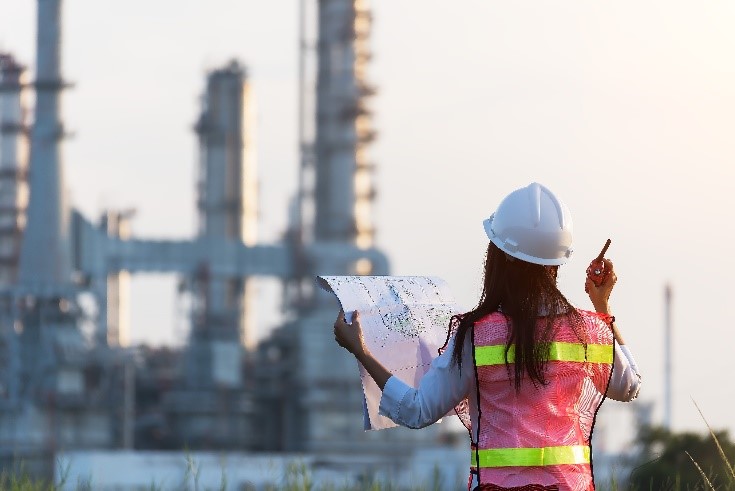Did you know, the allowable total backpressure for a conventional valve can be larger than 10% of the set pressure? According to API 520-1 §5.3.3.1.3:
Many people think a relief valve on a pipe should never see more than 10% backpressure for spring-loaded relief devices. In reality, that’s a guideline for normal cases, not a hard law of physics. That 10% is not a one-size-fits-all limit—it depends on how much extra pressure (overpressure) the valve can handle during an emergency or extreme case.
According to API 520-1 §5.3.3.1.3, “in a conventional PRV application, when the allowable overpressure is 10%, the built-up backpressure should not exceed 10% of the set pressure. A higher maximum allowable built-up backpressure may be used for allowable overpressures greater than 10%, provided the built-up backpressure does not exceed the allowable overpressure.”
So, what does this mean, and when is it applicable? In this blog, we’ll go over a few examples and explain the answers to these questions in simple terms.
Read More
Topics:
Did You Know?,
Relief Systems,
API 521,
Process Safety,
Outlet Loss,
PSV Design,
Atmosphere Venting,
Backpressure Analysis
Did you know to exclude the exit pipe fitting in your PSV outlet pressure drop calculations if your PSV discharges to atmosphere?
If you have performed an outlet pressure drop calculation for a PSV relieving to the atmosphere, you may have noticed that often a significant portion of the pressure drop is contributed by the exit pipe fitting. This is because the equivalent resistance of the fitting is high relative to a typical length of pipe. However, did you know that current industry guidelines recommend excluding the exit pipe fitting in your PSV outlet pressure drop calculations if your PSV discharges to the atmosphere?
This is because, according to research and fluid dynamic principles such as Bernoulli’s equation, there is no appreciable resistance once the flow exits to free air. Removing the exit fitting from backpressure calculations may lead to more accurate and slightly lower predicted backpressure on the valve, which aligns with current best practices within the industry.
Read More
Topics:
Did You Know?,
Relief Systems,
API 521,
Process Safety,
Outlet Loss,
PSV Design,
Atmosphere Venting,
Backpressure Analysis
Introduction
In the complex world of process safety, ensuring that facilities operate without incident requires a robust safety management system. The stakes are high in industries where a single failure can lead to catastrophic consequences, making effective process safety management essential. Relief systems and flare studies serve as critical safeguards, helping facilities prevent hazardous events and maintain safe operations. At the heart of this system are relief systems and flare studies, two essential components that help prevent catastrophic failures in petrochemical, oil and gas, chemical, pharmaceuticals, power generation, and renewable energy industries.
Read More
Topics:
Relief Systems,
Process Safety Management,
Flare Study,
Flare Studies,
Flare System,
Relief System Design,
Process Safety
Interest in renewable diesel has increased significantly in recent years. In 2019, the estimated US renewable diesel consumption was 900 million gallons [1] followed by an estimated 960 million gallons in 2020.[2] This trend is expected to continue in the coming years.[3] Conversion of existing petroleum facilities to renewable diesel production provides an appealing path for many producers, but careful evaluation of the conversion must be performed to ensure that the facility is operating safely and in full compliance with PSM standards. While the existing relief and flare systems may have been adequate for the petroleum refinery service, these systems should be reviewed and redesigned along with the new process as the demand on these systems can significantly change.
Read More
Topics:
Relief Systems,
Process Safety Management,
Process Safety,
diesel conversions,
renewable diesel,
renewable vs biodiesel
After spending over 20 years in the cold Midwest winters and suffering through plant freeze ups, my mind is racing with what to look out for as things thaw back out. Please see my thoughts on instrumentation, dead legs, and a few other things to look out for based on my years of experience in the freezing weather.
Read More
Topics:
Relief Systems,
Process Safety Management,
Process Safety,
Freeze,
arctic Freeze,
recovering,
unprecedented freeze,
extreme weather
About the Author
Mr. Smith has over a decade of experience, with a specialization in relief systems design and documentation, PSM compliance audit reviews, heat and material balance generation, PHA concern resolution, and flare system integration and optimization. Dustin is a chemical engineering graduate of Texas A&M University, a licensed Professional Engineer in Texas and LOPA certified.
Read More
Topics:
Relief Systems,
Relief Device Study,
Relief System Design,
Relief Systems Revalidation,
Process Safety
The Opportunity:
A major US refinery used a competing engineering contractor to perform a flare and relief systems analysis. Upon completion of the project, the refinery was left with a list of facility upgrades that management deemed excessive. Smith & Burgess was hired to review the relief and flare systems documentation and provide engineering solutions that met corporate and industry requirements.
Read More
Topics:
Pressure Relief Valves,
Relief Systems,
Flare Mitigation,
Action Item Resolution,
Case Study,
Refinery,
Engineering Review,
PRV Study,
Third Party Review,
Overly Conservative Assumptions,
PRV,
Relief System Design,
Relief Systems Revalidation,
Relief Valve Mitigation,
Mitigation
The Opportunity:
A recent audit of a “rebuild” design package for a major Asian gas plant identified that the EPC may have failed to follow company or industry standards. The owner needed an engineering review of the entire facilities’ relief systems designs prior to their start up in two months. Any deficiencies in company or industry standards needed to be addressed prior to the facilities’ start up.
Read More
Topics:
Pressure Relief Valves,
Relief Systems,
Case Study,
Engineering Review,
Gas Plant,
PRV Study,
Third Party Review,
PRV,
Relief System Design







